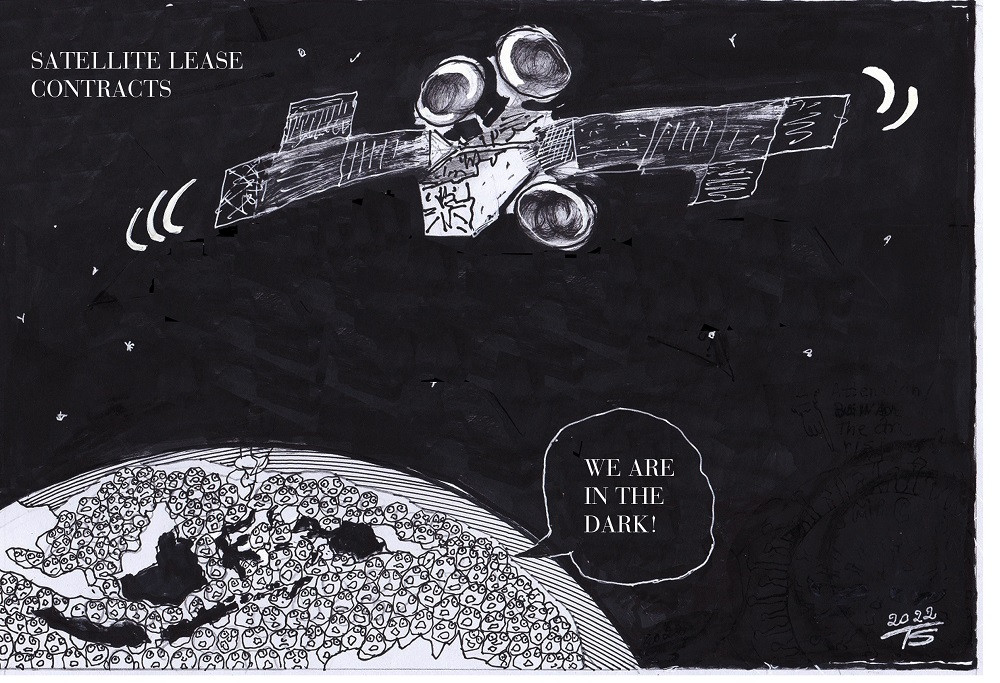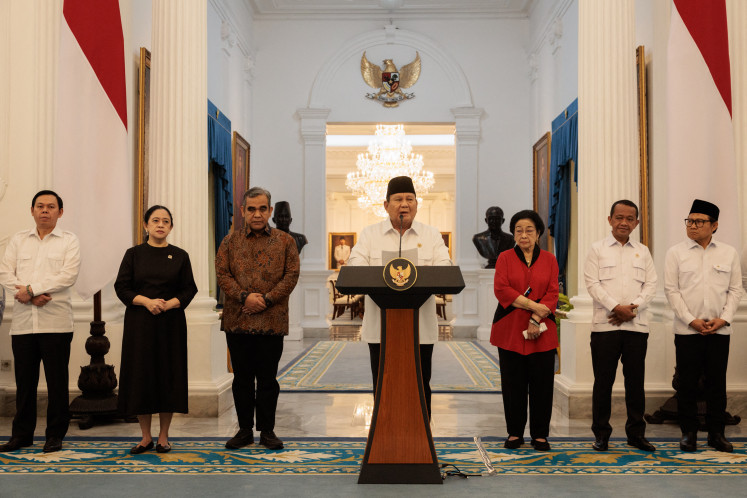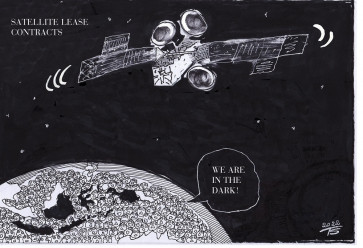Popular Reads
Top Results
Can't find what you're looking for?
View all search resultsPopular Reads
Top Results
Can't find what you're looking for?
View all search resultsWhy Indonesia should emulate Australia’s ASAT test ban
Australia’s move to ban ASAT testing will at least not add tensions to the region amid the ongoing competition among big powers in the South China Sea.
Change text size
Gift Premium Articles
to Anyone
S
ince 2007, anti-satellite weapons (ASAT) have become a topical issue among space-faring countries such as the United States, Russia, India and China. Consecutively, in 2007 China tested its ASAT, followed by the US (2008), India (2019) and Russia (both in 2020 and 2021). ASAT has been considered a dangerous development, which could shatter satellites into thousands of pieces.
This situation makes other active satellites vulnerable and destabilizes all human technologies on Earth that depend on satellite function. Space debris will prevail in Earth’s orbit, posing a real threat to space sustainability in the near future. As one potential impact, launching activities could become riskier and more expensive.
ASAT has emerged as a touchier issue after Russia successfully tested their ASAT in 2020 and 2021. Such actions have increased the amount of space debris and threatened other active satellites inits surroundings, including the International Space Station (ISS) at Low Earth Orbit (LEO).
The infamous Russian ASAT tests were condemned by the US and some western countries as irresponsible acts. At the same time, they were accusing Russia of strengthening its military capability to gain control in outer space.
Later on, the NATO 2021 summit in Brussels called for Russia and China to show more responsible behavior in outer space by maintaining peace and security. This includes refraining from any disturbance caused by harmful actions, namely the testing of non-mass weapon destruction in outer space that could become a menace to NATO and its allies.
In the Asia-Pacific, several countries are considered space-faring countries, including China, India and Japan. However, it is only China and India who dare and have successfully tested their ASAT. Some experts postulate that China conducted its ASAT test in 2007 to be considered a space-faring country equal to the US. Meanwhile, India tested its ASAT to send a strong message to its adversaries of its capability to precisely track and destroy satellites.
Unfortunately, the antisatellite arms race only puts space sustainability in jeopardy, therefore the ASAT-paradigm needs to change.



















